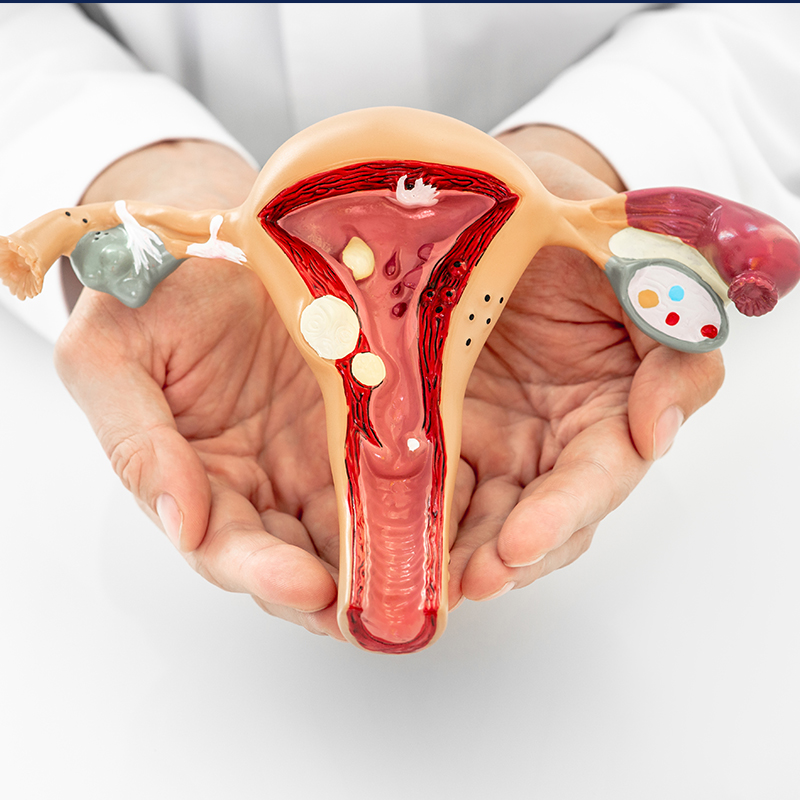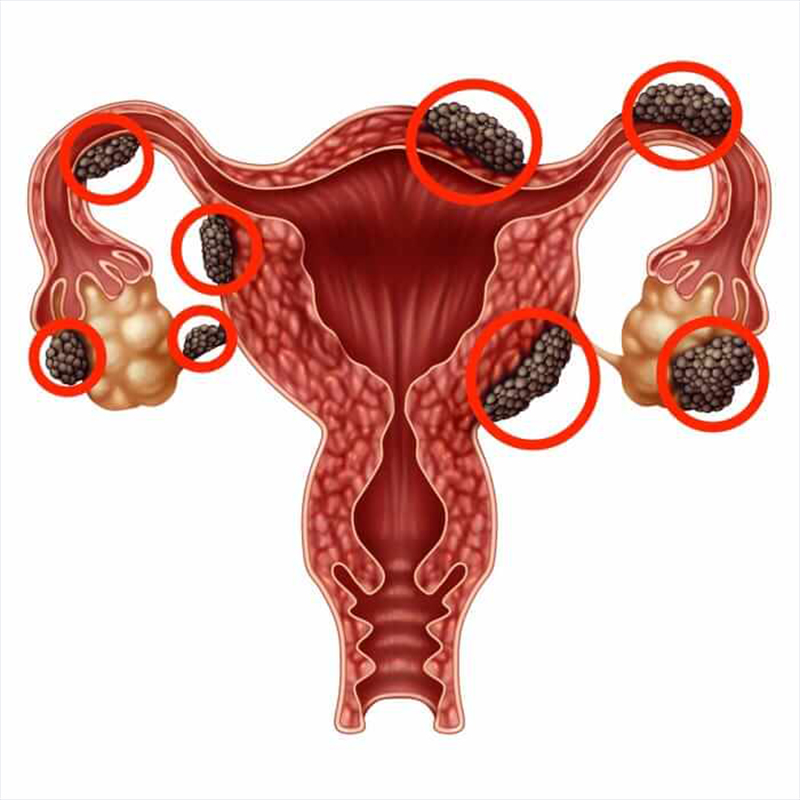Endometriosis Treatment: From Pain Relief to Fertility Solutions
Endometriosis is a persistent and often debilitating condition affecting millions of women globally. It significantly impacts female reproductive health, causing issues from painful periods to infertility. While a range of endometriosis treatment options are available to manage symptoms and enhance quality of life.
What is Endometriosis?
Endometriosis is a condition where tissue similar to the uterine lining (endometrium) grows outside the uterus. This tissue can be found on organs like the ovaries, fallopian tubes, and pelvic lining, and in rare instances, it may spread further. Unlike the uterine lining, this displaced tissue has no way to exit the body during menstruation, leading to inflammation, pain, and the formation of scar tissue.
Symptoms of Endometriosis
The symptoms of endometriosis vary widely in severity and presentation. Common signs include:
What Causes Endometriosis?
The exact causes of endometriosis isn’t fully known, but several theories are there:
How is Endometriosis Diagnosed?
Diagnosing endometriosis can be challenging because of its different symptoms, which overlap with other conditions too. As follows:
Advanced Endometriosis Treatment Options
Endometriosis treatment aims to manage pain, reduce lesion growth, and improve fertility. The approach is highly personalized, depending on symptom severity, disease extent, and the patient’s desire for future fertility.
Medication-Based Treatment
Laparoscopic Surgery
Fertility-Focused Management
Endometriosis Questions
Can endometriosis be cured completely?
Will endometriosis affect my fertility?
How soon can I return to normal activities after laparoscopy for endometriosis?


Contact us today!
Contact Us
Call Us 24/7: 8655442182
Working Time
Why Choose Us?




































































